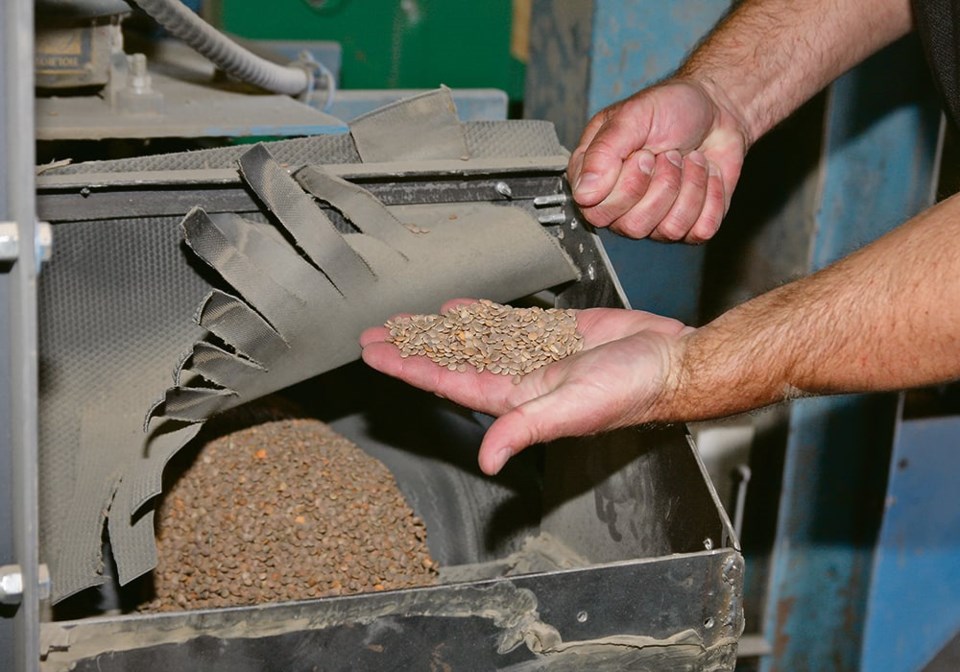The recent SaskPulse annual general meeting had on the resolution opposing variety use agreements on varieties developed using check-off funds.
VUAs are contracts that farmers must sign when they buy certain new varieties, forcing them to pay an annual fee to the seed company if they want to plant farm-saved seed in following years.
The resolution was submitted to SaskPulse by pulse growers whose concerns go beyond one organization because the VUA issue goes to the heart of who controls seed. Voting results show there is no consensus and the debate is not over, especially with many farmers not yet aware of the topic or its implications.
You may remember the large public meetings held across the Prairies in 2018 when Agriculture Canada consulted on how farmers wanted to pay companies for permission to use their own farm-saved seed: end point royalties or trailing contracts. The answer: none of the above.
The department backed off its plans to change plant breeders rights regulations to make farmers pay royalties on farm-saved seed. Instead, it said it would wait for industry leadership.
It appears the industry (multinational seed companies, not farmers) has decided to go with VUAs, a private version of the trailing contract proposal.
In its deal with seed giant Limagrain, SaskPulse agreed to pay the company $850,000 a year from levy funds in return for variety development in peas and lentils. If and when resulting varieties are released, they will only be available to farmers who sign a contract obligating them to pay an annual fee to Limagrain if they use that variety for farm-saved seed.
Thus, SaskPulse has given Limagrain a monopoly over use of seed developed using producer check-off dollars.
SaskPulse says farmers who want to use farm-saved seed are welcome to use older varieties, yet they will continue to pay mandatory checkoffs on every bushel of peas and lentils they sell.
At the debate, directors claimed some VUA money will flow back to SaskPulse, but they have not revealed how much, or whether others are also getting a piece of this pie.
Seed companies like Limagrain aim to increase revenues, and with no limits on the VUA fees charged, we can expect seed prices to rise, especially if VUAs become standard on all new varieties. Why would SaskPulse agree to a system that adds to seed costs by making farmers pay for seed they grew on their own farms?
There are many alternatives to giving away our power and our money to multinational seed corporations. Public plant breeding, done through the University of Saskatchewan’s Crop Development Centre and other universities, and at Agriculture Canada, with support and direction from farmer funding, provides exceptional results for the entire agriculture sector and our economy as a whole, as U of S economist Richard Gray has demonstrated.
Public plant breeding is tailored to the needs of Canadian farmers, and is not compromised by the conflicts of interests of private seed companies that also sell inputs and demand high rates of profit for their shareholders.
Government underfunding cannot be the excuse for us to give away our power. We must insist on a policy of adequate funding for our public breeders.
Seed is the foundation of the food system. Planting farm-saved seed should not become an added financial burden or a legal problem for producers.
Kevin Beach and Donna Bryck-Beach operate a mixed farm near Ernfold, Sask., and are members of the National Farmers Union. This article has been edited for length.




